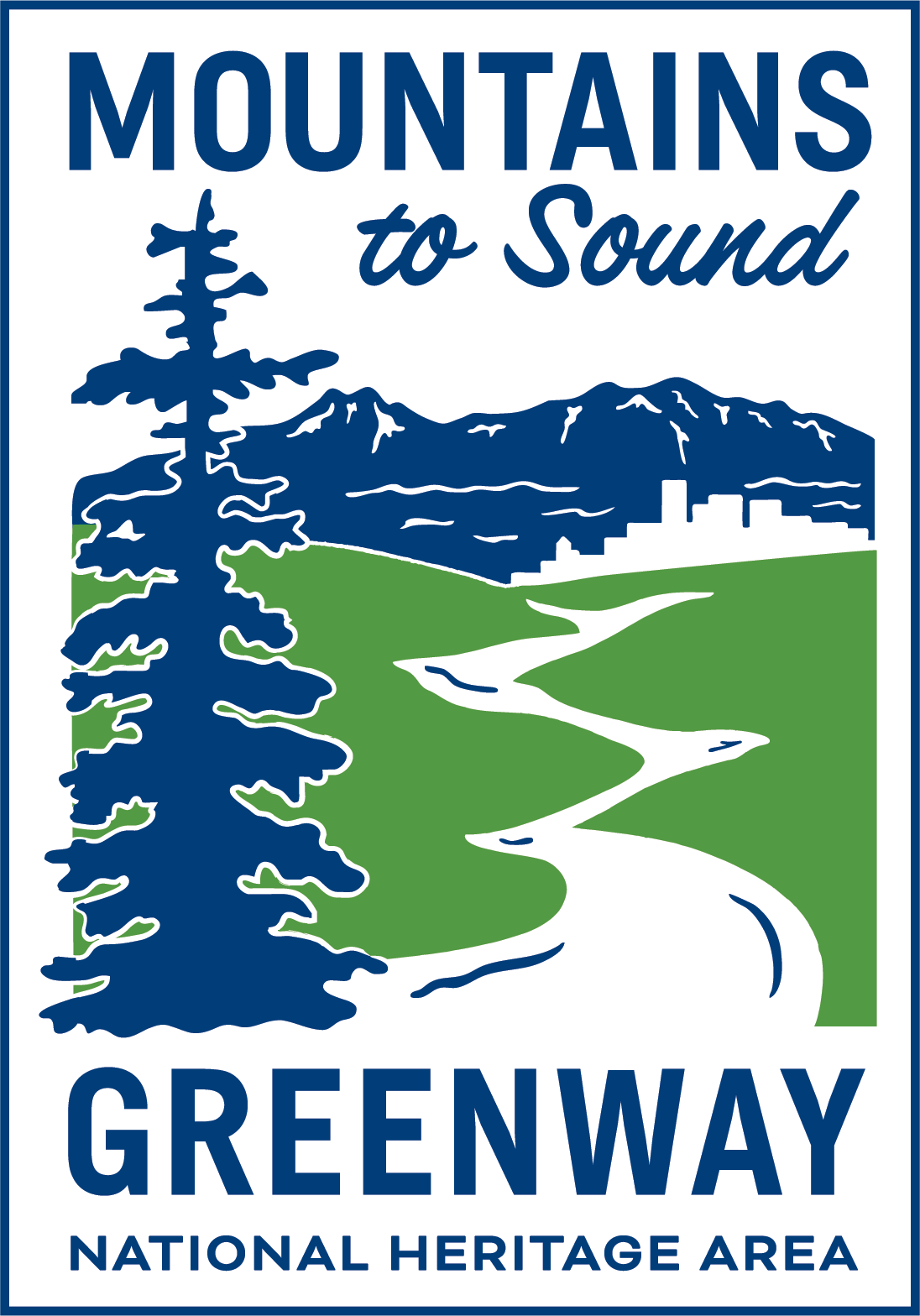This FAQ was last updated in February 2025 and reflects the 2025 program. Have more questions after reading these FAQs? Contact Becca Kedenburg at becca.kedenburg@mtsgreenway.org.
WHO IS ELIGIBLE?
Age: Interns must be high school students who are 16 years old by the first day of the internship.
Must have valid ID and proof of U.S. work eligibility, such as a passport, Permanent Resident Card, or a state ID/driver’s license with a Social Security card or birth certificate. Full list of documents.
SCHEDULE
The exact hours for 2025 are being confirmed, but may look something like this:
| Monday | Tuesday | Wednesday | Thursday | Friday |
| Office 9am-2pm | Field 9am-3pm | Field 9am-3pm | Field 9am-3pm | Field 9am-12pm |
What does a typical week look like?
- On Field days, interns are driven in a King County van to sites around King County.
- On Office days, interns work in an office setting (in a computer lab at King Street Center).
What do interns do on office days?
Work on various communication tasks – i.e. emails to local leaders, informational interviews with professionals, and a final PowerPoint presentation.
What do we do on field days?
Visit places around King County for tours and skill building. Expect to walk up to two miles, sometimes on uneven surfaces. A few field days involve physical work – i.e. using a shovel to dig out blackberry roots.
LOCATIONS
Is CWA online or in person?
In person!
Where do interns start and end their day?
Mondays: Downtown Seattle, at King Street Center (map).
Tuesdays-Fridays: Downtown Seattle, at the Stadium Lightrail Station (map).
What kinds of places do the interns go?
Some examples of field trips include:
- King County wastewater treatment facilities (i.e. Brightwater in Woodinville)
- CitySoil Farm (Renton)
- Cedar River Watershed (North Bend)
- Fish hatchery (Issaquah)
SCHOOL YEAR EXTENSION
What happens during the school year?
School year projects are encouraged, but not required. Interns may choose to work up to 40 hours during the school year to implement an ambassador project. The internship lead staff support interns throughout their projects.
What are some examples of intern projects?
- Teach a lesson about clean water in a science class at your school.
- Organize a volunteer restoration event.
INTERNSHIP BENEFITS
Interns earn $20 per hour.
TRANSPORTATION
What are my transportation options?
Interns must get themselves to downtown Seattle each day. Luckily, youth who are 18 years or younger ride free. (Learn more!). On field days, interns are driven by internship staff in a King County van.
What does the ORCA card give me access to?
ORCA cards are accepted on all services provided by Community Transit, Everett Transit, King County Metro, Kitsap Transit, Pierce Transit, Sound Transit, and Washington State Ferries, as well as on Monorail and Seattle Streetcar. Learn more at orcacard.com.
WHAT TO BRING / WEAR
Office days:
Interns should dress comfortably! On office days, clothing should be clean and professional.
Field days:
Closed-toe shoes that are comfortable for walking, jacket, sun protection (i.e. sunglasses, hat, sunscreen). All safety gear will be provided.
Everyday:
Backpack, lunch and snacks, water bottle, notebook, pen/cil.
APPLICATION PROCESS
How do I apply?
Applications will be open April 1 – April 21, 2025 at kingcounty.gov/wtdhsintern.
What would make my application stand out?
Be authentic! Share your passions. Elaborate on your answers – write at least a few sentences per question. Be sure to write any community organizations you are involved with outside of school.
What happens after I apply?
You will get an email from internship staff by the end of May regarding if you are selected for an interview. Interviews will be conducted virtually on TBD dates. Final decisions will be made by early June – selected candidates will be notified by email.
INTERNSHIP STAFF

Becca Kedenburg (she/her)
Education Program Manager
Mountains to Sound Greenway Trust

Kristin Covey (she/her)
Education Coordinator
King County Wastewater Treatment Division
Siena Ezekiel (she/her)
Education Coordinator
King County Wastewater Treatment Division

